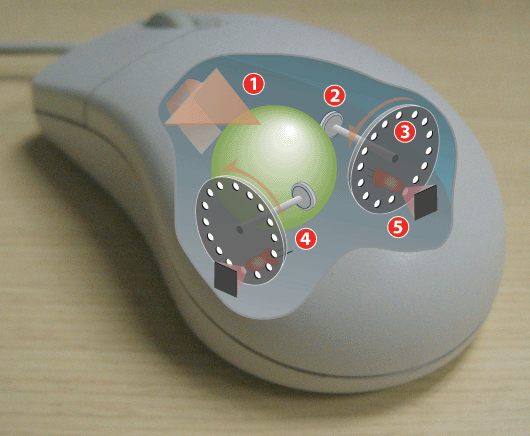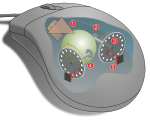 |
This is a file from the Wikimedia Commons. Information from its description page there is shown below.
Commons is a freely licensed media file repository. You can help.
|
 |
This image was previously a featured picture, but community consensus determined that it no longer meets our featured-picture criteria. If you have a high-quality image that you believe meets the criteria, be sure to upload it, using the proper free-license tag, then add it to a relevant article and nominate it. |
 |
This image was selected as picture of the day on the English Wikipedia for August 28, 2005. |
|
|
|

|
  This formerly was a featured picture on the English language Wikipedia ( Featured pictures) and was considered one of the finest images. This formerly was a featured picture on the English language Wikipedia ( Featured pictures) and was considered one of the finest images.
If you think this file should be featured on Wikimedia Commons as well, feel free to nominate it.
If you have an image of similar quality that can be published under a suitable copyright license, be sure to upload it, tag it, and nominate it.
|
|
|
The original Image created by Jeremykemp was selected as Picture of the Day on the English Wikipedia for August 28, 2005.
 |
File:Mouse mechanism diagram.svg is a vector version of this file.
It should be used in place of this raster image when superior.
File:Mouse-mechanism-cutaway.png  File:Mouse mechanism diagram.svg
For more information about vector graphics, read about Commons transition to SVG.
There is also information about MediaWiki's support of SVG images.
|
|
Mouse
Created in Adobe Illustrator and Photoshop Elements by Jeremy Kemp, 2/10/05
- 1: Pulling the mouse turns the ball.
- 2: X and Y rollers grip the ball and transfer movement.
- 3: Optical encoding disks include light holes.
- 4: Infrared LEDs shine through the disks.
- 5: Sensors gather light pulses to convert to X and Y velocities.
Background info from http://computer.howstuffworks.com/mouse2.htm
 |
The copyright holder of this work allows anyone to use it for any purpose including unrestricted redistribution, commercial use, and modification.  Please check the source to verify that this is correct. In particular, note that publication on the Internet, like publication by any other means, does not in itself imply permission to redistribute. Files without valid permission should be tagged with {{subst: npd}}. Please check the source to verify that this is correct. In particular, note that publication on the Internet, like publication by any other means, does not in itself imply permission to redistribute. Files without valid permission should be tagged with {{subst: npd}}.
Usage notes:
• If the work requires attribution, use {{ Attribution}} instead
• If this is your own work, please use {{ Cc-zero}} instead
|
Originally uploaded by Jeremykemp 01:35, 15 February 2005
File usage
The following pages on Schools Wikipedia link to this image (list may be incomplete):
Wikipedia for Schools is one of SOS Childrens Villages' many educational projects. SOS Children's Villages helps more than 2 million people across 133 countries around the world. There are many ways to help with SOS Children.





